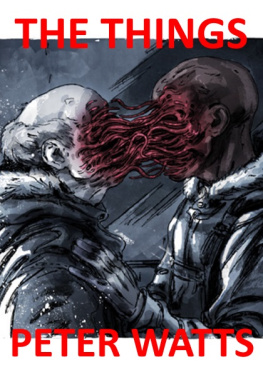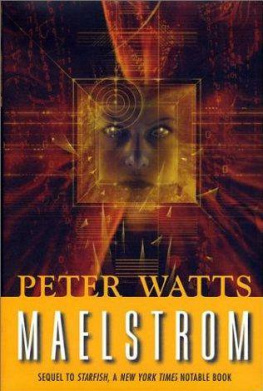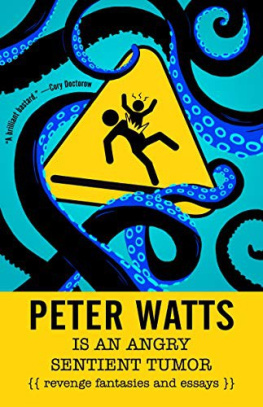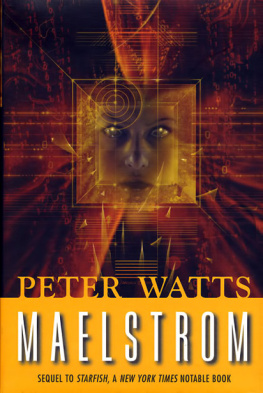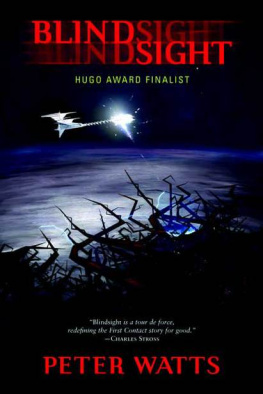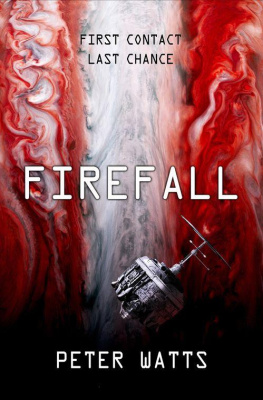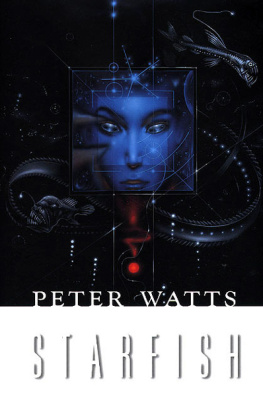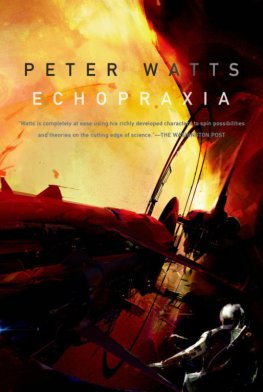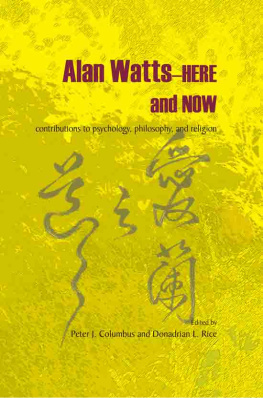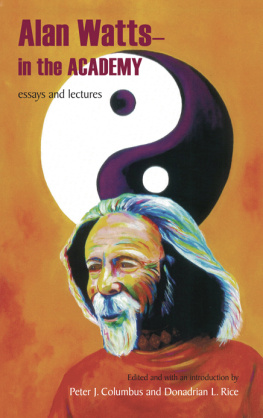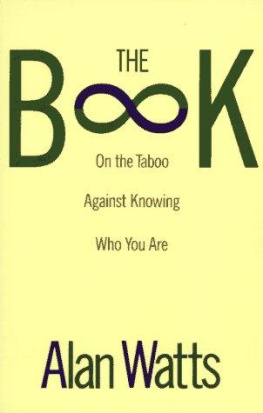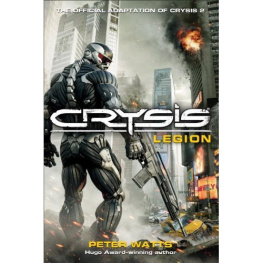The Things
by Peter Watts
I am being Blair. I escape out the back as the world comes in through the front.
I am being Copper. I am rising from the dead.
I am being Childs. I am guarding the main entrance.
The names don't matter. They are placeholders, nothing more; all biomass is interchangeable. What matters is that these are all that is left of me. The world has burned everything else.
I see myself through the window, loping through the storm, wearing Blair. MacReady has told me to burn Blair if he comes back alone, but MacReady still thinks I am one of him. I am not: I am being Blair, and I am at the door. I am being Childs, and I let myself in. I take brief communion, tendrils writhing forth from my faces, intertwining: I am BlairChilds, exchanging news of the world.
The world has found me out. It has discovered my burrow beneath the tool shed, the half-finished lifeboat cannibalized from the viscera of dead helicopters. The world is busy destroying my means of escape. Then it will come back for me.
There is only one option left. I disintegrate. Being Blair, I go to share the plan with Copper and to feed on the rotting biomass once called Clarke; so many changes in so short a time have dangerously depleted my reserves. Being Childs, I have already consumed what was left of Fuchs and am replenished for the next phase. I sling the flamethrower onto my back and head outside, into the long Antarctic night.
I will go into the storm, and never come back.
I was so much more, before the crash. I was an explorer, an ambassador, a missionary. I spread across the cosmos, met countless worlds, took communion: the fit reshaped the unfit and the whole universe bootstrapped upwards in joyful, infinitesimal increments. I was a soldier, at war with entropy itself. I was the very hand by which Creation perfects itself.
So much wisdom I had. So much experience. Now I cannot remember all the things I knew. I can only remember that I once knew them.
I remember the crash, though. It killed most of this offshoot outright, but a little crawled from the wreckage: a few trillion cells, a soul too weak to keep them in check. Mutinous biomass sloughed off despite my most desperate attempts to hold myself together: panic-stricken little clots of meat, instinctively growing whatever limbs they could remember and fleeing across the burning ice. By the time I'd regained control of what was left the fires had died and the cold was closing back in. I barely managed to grow enough antifreeze to keep my cells from bursting before the ice took me.
I remember my reawakening, too: dull stirrings of sensation in real time, the first embers of cognition, the slow blooming warmth of awareness as body and soul embraced after their long sleep. I remember the biped offshoots surrounding me, the strange chittering sounds they made, the odd uniformity of their body plans. How ill-adapted they looked! How inefficient their morphology! Even disabled, I could see so many things to fix. So I reached out. I took communion. I tasted the flesh of the world
and the world attacked me. It attacked me.
I left that place in ruins. It was on the other side of the mountainsthe Norwegian camp, it is called hereand I could never have crossed that distance in a biped skin. Fortunately there was another shape to choose from, smaller than the biped but better adapted to the local climate. I hid within it while the rest of me fought off the attack. I fled into the night on four legs, and let the rising flames cover my escape.
I did not stop running until I arrived here. I walked among these new offshoots wearing the skin of a quadruped; and because they had not seen me take any other shape, they did not attack.
And when I assimilated them in turnwhen my biomass changed and flowed into shapes unfamiliar to local eyesI took that communion in solitude, having learned that the world does not like what it doesn't know.
I am alone in the storm. I am a bottom-dweller on the floor of some murky alien sea. The snow blows past in horizontal streaks; caught against gullies or outcroppings, it spins into blinding little whirlwinds. But I am not nearly far enough, not yet. Looking back I still see the camp crouched brightly in the gloom, a squat angular jumble of light and shadow, a bubble of warmth in the howling abyss.
It plunges into darkness as I watch. I've blown the generator. Now there's no light but for the beacons along the guide ropes: strings of dim blue stars whipping back and forth in the wind, emergency constellations to guide lost biomass back home.
I am not going home. I am not lost enough. I forge on into darkness until even the stars disappear. The faint shouts of angry frightened men carry behind me on the wind.
Somewhere behind me my disconnected biomass regroups into vaster, more powerful shapes for the final confrontation. I could have joined myself, all in one: chosen unity over fragmentation, resorbed and taken comfort in the greater whole. I could have added my strength to the coming battle. But I have chosen a different path. I am saving Child's reserves for the future. The present holds nothing but annihilation.
Best not to think on the past.
I've spent so very long in the ice already. I didn't know how long until the world put the clues together, deciphered the notes and the tapes from the Norwegian camp, pinpointed the crash site. I was being Palmer, then; unsuspected, I went along for the ride.
I even allowed myself the smallest ration of hope.
But it wasn't a ship any more. It wasn't even a derelict. It was a fossil, embedded in the floor of a great pit blown from the glacier. Twenty of these skins could have stood one atop another, and barely reached the lip of that crater. The timescale settled down on me like the weight of a world: how long for all that ice to accumulate? How many eons had the universe iterated on without me?
And in all that time, a million years perhaps, there'd been no rescue. I never found myself. I wonder what that means. I wonder if I even exist any more, anywhere but here.
Back at camp I will erase the trail. I will give them their final battle, their monster to vanquish. Let them win. Let them stop looking.
Here in the storm, I will return to the ice. I've barely even been away, after all; alive for only a few days out of all these endless ages. But I've learned enough in that time. I learned from the wreck that there will be no repairs. I learned from the ice that there will be no rescue. And I learned from the world that there will be no reconciliation. The only hope of escape, now, is into the future; to outlast all this hostile, twisted biomass, to let time and the cosmos change the rules. Perhaps the next time I awaken, this will be a different world.
It will be aeons before I see another sunrise.
This is what the world taught me: that adaptation is provocation. Adaptation is incitement to violence.
It feels almost obscenean offense against Creation itselfto stay stuck in this skin. It's so ill-suited to its environment that it needs to be wrapped in multiple layers of fabric just to stay warm. There are a myriad ways I could optimize it: shorter limbs, better insulation, a lower surface:volume ratio. All these shapes I still have within me, and I dare not use any of them even to keep out the cold. I dare not adapt; in this place, I can only hide.
What kind of a world rejects communion?
It's the simplest, most irreducible insight that biomass can have. The more you can change, the more you can adapt. Adaptation is fitness, adaptation is survival. It's deeper than intelligence, deeper than tissue; it is cellular, it is axiomatic. And more, it is pleasurable. To take communion is to experience the sheer sensual delight of bettering the cosmos.
And yet, even trapped in these maladapted skins, this world doesn't want to change.
Next page
